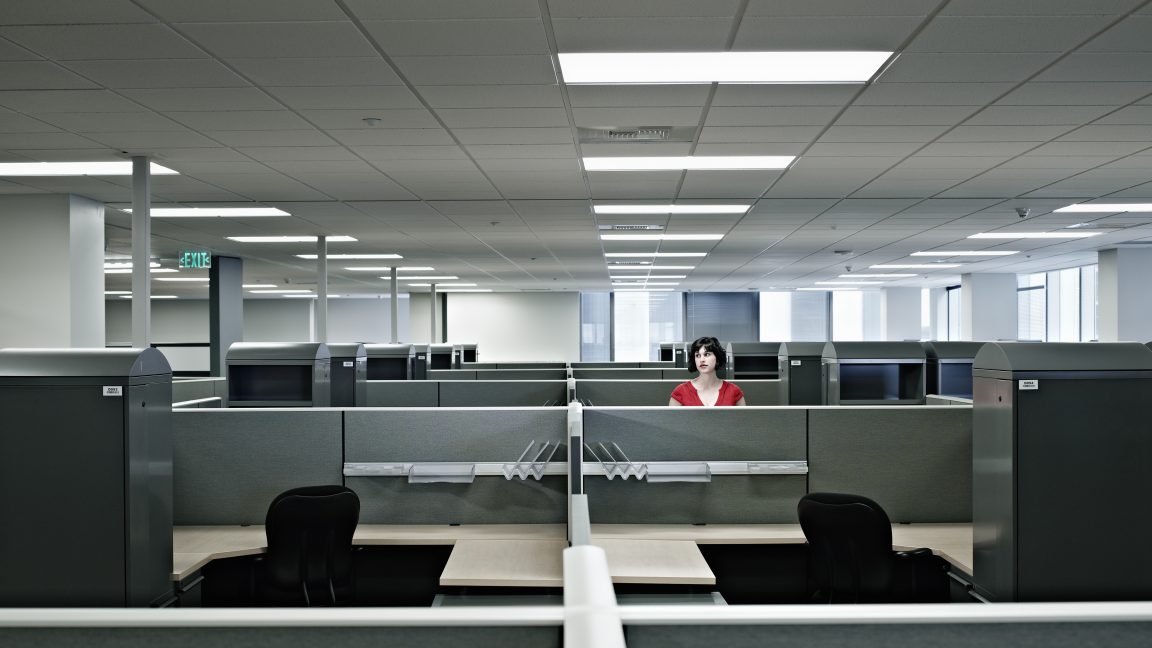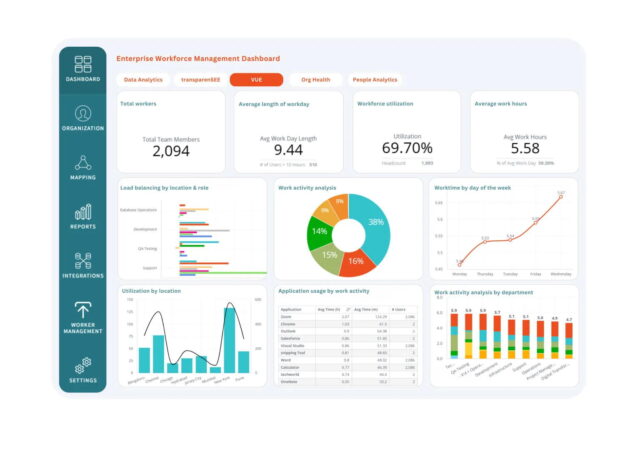Underneath-desk sensors, specifically, have obtained high-profile backlash, maybe as a result of they’re such an apparent piece of surveillance {hardware} somewhat than merely software program designed to file work achieved on firm machines. Within the fall of 2022, college students at Northeastern College hacked and removed under-desk sensors produced by EnOcean, providing “presence detection” and “folks counting,” that had been put in within the college’s Interdisciplinary Science & Engineering Complicated. The college provost finally knowledgeable college students that the division had deliberate to make use of the sensors with the Spaceti platform to optimize desk utilization.
OccupEye (now owned by FM: Methods), one other kind of under-desk warmth and movement sensor, obtained an identical response from employees at Barclays Bank and The Telegraph newspaper in London, with workers protesting and, in some circumstances, bodily eradicating the gadgets that tracked the time they spent away from their desks.
Sapience presents numerous software program packages to ship office information to employers, together with return-to-office compliance.
Credit score:
Sapience
Regardless of the fallout, Barclays later confronted a $1.1 billion nice from the ICO when it was discovered to have deployed Sapience’s employee-monitoring software program in its workplaces, with the power to single out and observe particular person workers. Maybe unsurprisingly within the present local weather, that very same software program firm now presents “light-weight device-level expertise” to watch return-to-office policy compliance, with a dashboard breaking worker location down by workplace versus distant for particular departments and groups.
In line with Elizabeth Anderson’s newest ebook Hijacked, whereas office surveillance tradition and the obsession with measuring worker effectivity may really feel comparatively new, it will possibly truly be traced again to the invention of the “work ethic” by the Puritans within the sixteenth and seventeenth centuries.
“They thought you need to be working tremendous laborious; you shouldn’t be idling round when you need to be in work,” she says. “You may see some parts there that may be developed into a fairly hostile stance towards staff. The Puritans had been obsessive about not losing time. It was about gaining assurance of salvation via your habits. With the Industrial Revolution, the ‘no losing time’ grew to become a profit-maximizing technique. Now you’re at work 24/7 as a result of they’ll get you on e mail.”
Some key parts of the unique work ethic, although, have been skewed or misplaced over time. The Puritans additionally had strict constraints on what duties employers had towards their staff: paying a residing wage and offering secure and wholesome working circumstances.
“You couldn’t simply rule them tyrannically, or in order that they stated. You needed to deal with them as your fellow Christians, with dignity and respect. In some ways the unique work ethic was an ethic which uplifted staff.”
This story initially appeared on wired.com.


